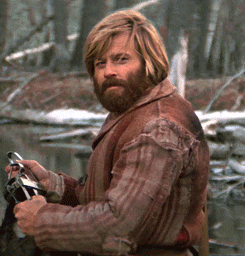Scientists don’t really “rule out” possible hypotheses. If it’s possible, it’s possible. As evidence is accumulated, the salient question is “what is most likely?”
For example: evidence is overwhelming that smoking causes lung cancer. Is it still “possible” that it doesn’t? Of course. But given the evidence, you’d be foolish to believe that it doesn’t. Evidence is overwhelming that life on earth evolved over billions of years. Is it “possible” that life on earth was created over a much shorter period of time? Sure. But 97% of the scientific community accepts evolution (I’m guessing that number would be >99% amongst biologists). That number is much lower amongst the general public.
Hypotheses are just hypotheses (aka possibilities). Evidence either supports a hypothesis or it doesn’t. Every time a manuscript crosses my desk as a peer reviewer, if it doesn’t have a specific and distinct hypothesis clearly stated, along with a report of how their data do or do not support the hypothesis, I require that they do so before I recommend the paper for publication.
Scientists don’t deal in absolutes. We deal in likelihoods.

